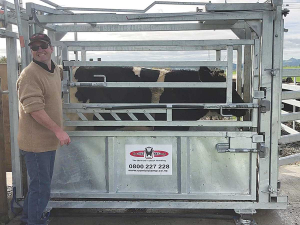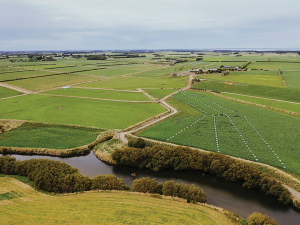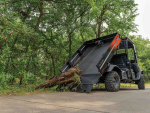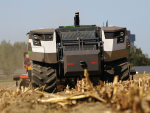The regular use of sheep handlers and cattle crushes for carrying out animal health programmes has helped reduce costs and drive production efficiency.
The Combi Clamp Sheep Handler and Heavy-Duty Cattle Crushes promote less stress and more efficiency, while also considering animal welfare – values in the forefront of the mind of the manufacturer.
The Combi Clamp Sheep Handler is manually operated. It uses the operator’s body weight, applied to a pressure plate, for routine animal welfare tasks. At the same time, it reduces physical demands – allowing increased precision in tasks like vaccinating.
In addition, unlike some emerging solutions, sheep are always kept on their feet.
This prevents the risk of being kicked and allows multiple tasks to be performed together with one pass over the handler.
Likewise, the same principles of simplicity, safety and efficiency have been applied to the Heavy-Duty Cattle Crushes.
Split and top-access gates promote access and drafting options. Meanwhile, the Auto Head Yoke, offers stress-free, automatic catching of polled or horned animals. When working alone, the automatic catch and reset of the head bail gives the operator increased confidence in knowing they will never miss an animal.
www.combiclamp.co.nz











